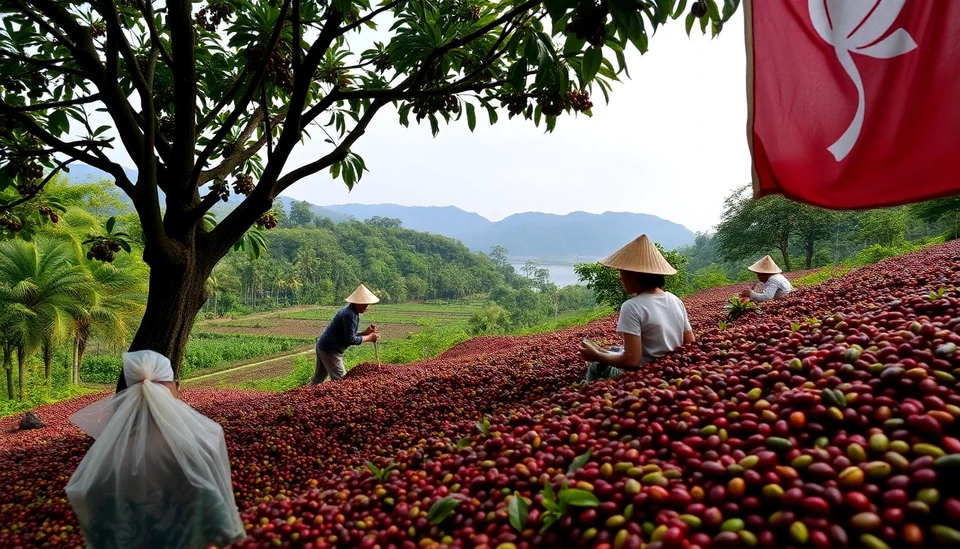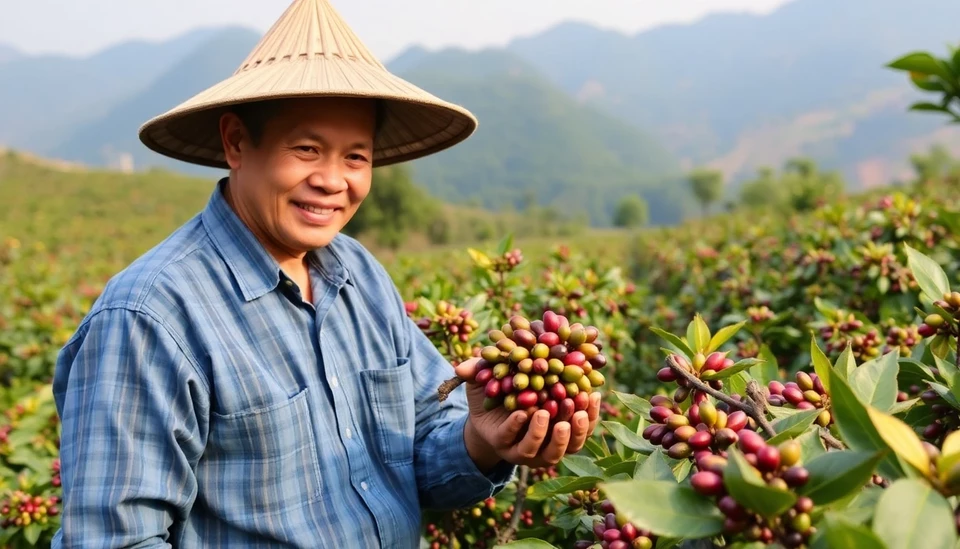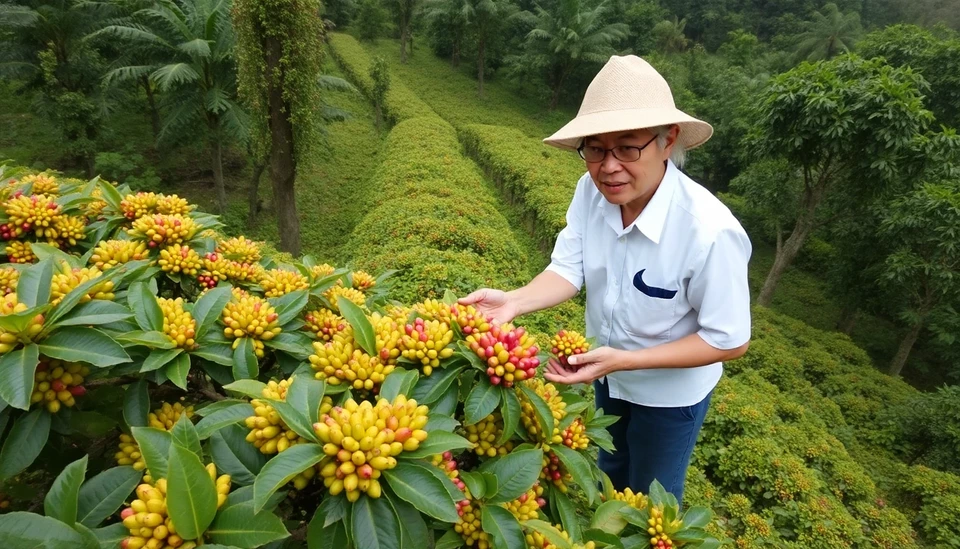
The coffee market is facing significant upheaval as both domestic hoarding activities and severe weather conditions have started to crumble the supply chain of Vietnamese coffee beans, one of the world’s largest producers. As the key harvest season approaches, these factors have sparked concerns about future price surges and limited availability in international markets.
In recent months, farmers in Vietnam have become increasingly reluctant to sell their coffee due to prospects of rising prices. This move towards hoarding could potentially amplify shortages, especially as expectations grow for robust profits in light of the predicted price rallies. The current climate of uncertainty has fostered a sense of caution among producers, leading many to stockpile their beans in anticipation of favorable market conditions, thereby further constraining accessible supplies in the marketplace.
Adding to the challenges, Vietnam has experienced unusually heavy rainfall, which has inflicted damage on coffee crops. This year, the rainy season has been markedly more intense, disrupting harvesting schedules and hampering the quality of the beans. The combination of torrential downpours and farmers' reluctance to sell could lead to an even steeper decline in coffee production, exacerbating the existing shortfall.
The dual impact of crop hoarding and adverse weather is particularly worrying given that Vietnam is a cornerstone in the global coffee trade, responsible for a significant portion of the world’s robusta bean supply. International importers relying on these beans may soon find themselves navigating a tightened market amid escalating prices.
Market analysts are closely monitoring the situation as they survey the implications for coffee pricing on the global stage. The anticipated surge in prices not only threatens to affect consumers and businesses but also raises concerns about the broader economic implications for coffee-producing regions that depend heavily on stable prices for their livelihoods.
As industry stakeholders continue to assess the developing situation, many are urging immediate action to stabilize the coffee supply chain. Whether through facilitating more transparent market conditions or supporting farmers in managing their crop yields effectively, the next steps taken will be crucial in determining the long-term health of the Vietnamese coffee industry in the face of these challenges.
The convergence of hoarding and weather troubles is testing Vietnam's resilience in the coffee sector. Stakeholders across the globe are keenly watching to see how these dynamics evolve and what measures are put in place to address the resulting supply chain issues in the world of coffee.
In summary, with both internal hoarding practices and severe weather adversely impacting output, Vietnam’s coffee supply situation is precarious. As we look ahead, the global coffee market will undoubtedly feel the ripples of these developments, reminding us all of the interconnectedness of agricultural practices and international trade.
#VietnamCoffee #CoffeeSupply #Hoarding #WeatherImpact #GlobalMarket #RobustaBeans #CoffeePrices
Author: John Harris

